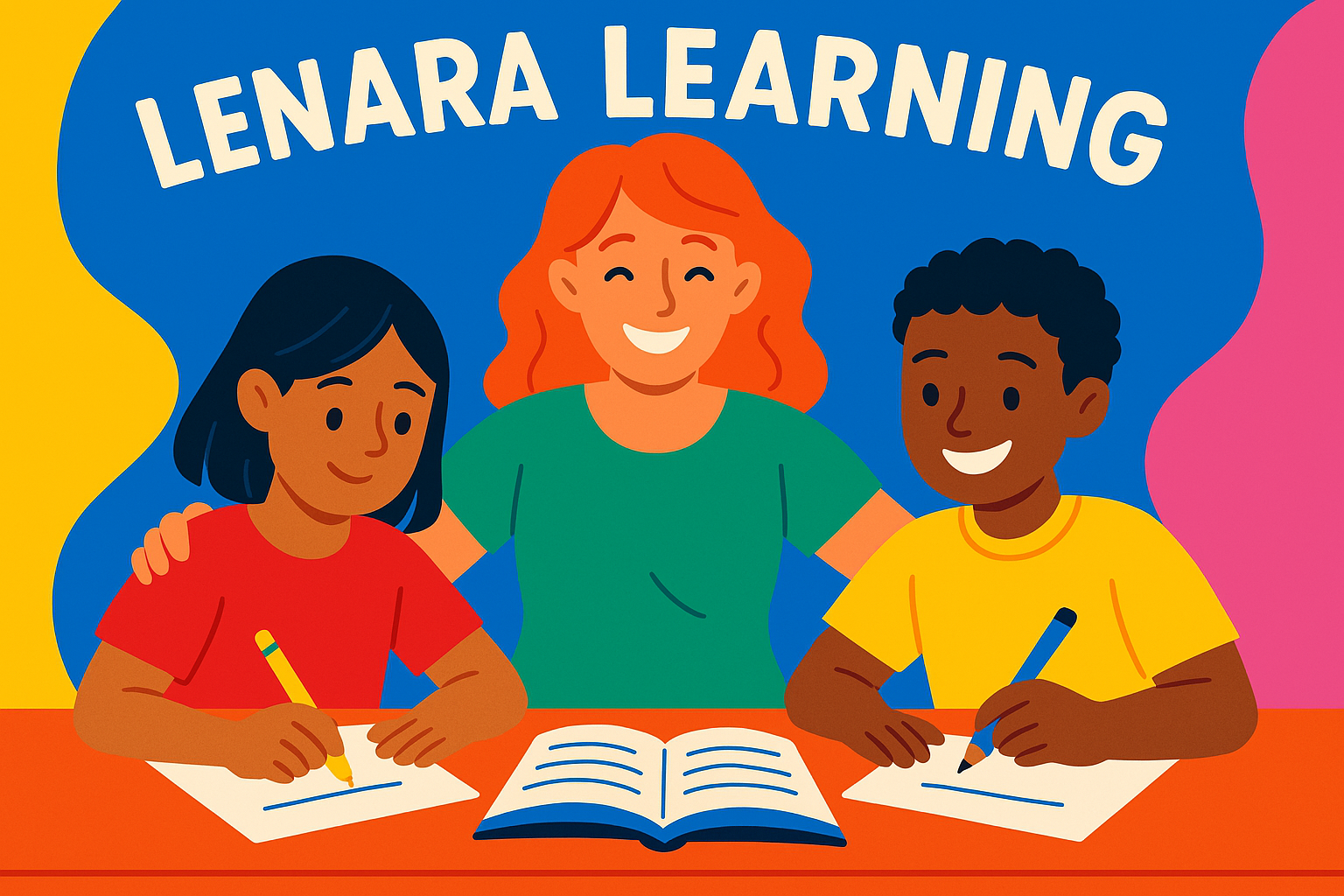Home Education Resources
Helping You Succeed with Home Education in the UK
Welcome to Lenara Learning — your trusted companion for home education in the UK. As a home-educating parent, I understand both the joys and the challenges of teaching children at home.
This website exists to support families like yours. We offer reliable, high-quality materials, guidance, and inspiration at every stage of your home education journey.

Although Lenara Learning is built with home-educating parents in mind, our resources are perfect for anyone raising curious, knowledge-hungry kids — whether you home educate full-time, part-time, or just love learning together.
Explore Our Learning Resources
We’re steadily building a rich collection of unique resources for parents who choose home education, both in the UK and beyond.
Our growing Info Zone is packed with engaging topics for children and teens. You’ll also find ready-to-use lesson plans designed to make home education easier and more rewarding.
Need quick reference? Our handy cheat sheets cover everything from fractions to astrophysics. And if it’s practice you’re after, we’ve got endlessly regenerating maths worksheets for all the basics—just open the page and hit print.
To keep things fun, we include games, puzzles, and quizzes that help children enjoy their learning.
Members get even more flexibility—with the option to print any Learning Zone topic, lesson plan, or Parent Q&A sheet for offline use whenever it suits.
Is Home Education Legal in the UK?
Home education, also known as elective home education (EHE), means educating your child at home rather than in school. In the UK, this is legal as long as your child receives a suitable education.
Parents don’t need teaching qualifications or have to follow the national curriculum. You can choose your own methods and subjects, tailored to your child’s needs.

In England and Wales, if your child is enrolled in school, you must notify the headteacher in writing (use our school deregistration letter template) before starting home education. If your child has never been to school, there is no legal requirement to inform the local authority, although they may contact you. Scotland and Northern Ireland have different rules and may require consent before starting.
Local councils can request information about your home education. They may ask to see examples of work or lesson plans. If they believe the education is not suitable, they can offer support or, in rare cases, insist the child returns to school. Many families find local groups and online communities helpful for support and ideas.
Why Choose Home Education?
Home schooling has become more popular in the UK, especially after the COVID lockdowns. That’s when our family began teaching our kids at home..
At first, it was out of necessity, but we quickly saw how much our children enjoyed learning at home. We could focus on topics they loved, making lessons more meaningful.
The freedom to follow our children’s interests was a huge benefit. We taught at their pace and explored subjects that traditional schools might not include. It became a way to build confidence and curiosity.
With the right resources and a bit of support, home education can be incredibly rewarding. It’s about creating a learning environment that works for your family.
Supporting You on Your Home Education Journey
When we began home educating, finding the right resources was overwhelming. We spent hours searching websites, hoping to discover something useful.
That’s why we created Lenara Learning.
Our aim is to make home education simpler and more enjoyable. We offer lesson plans, activities, and advice to reduce stress and help you focus on teaching. We’re always adding new materials based on our own experiences and the needs of other families.
Lenara Learning is more than just a website. It’s a growing community of parents supporting one another through the ups and downs of home education.
Why Don’t Our Resources Have Age Recommendations?
In home education, learning doesn’t need to follow a fixed timetable or tick boxes by a certain age. We believe strongly that every child is different — and that’s something to celebrate. Some children may grasp certain topics early, while others may need more time. Our resources are designed to be flexible, allowing you to adapt them to suit your child’s unique stage, interests, and ability, rather than an age printed on a book or worksheet.
You’ll often find that children learn best when they are given the freedom to explore and follow their own curiosity. Whether you are working on science, history, personal development, or life skills, involving your child in choosing what to learn and when often leads to deeper understanding and enjoyment. Our approach to home education supports this fully — encouraging parents to go at the pace that’s right for their child, not what someone else says is ‘average’.
Teaching Maths with Confidence
Teaching maths can be tough — especially if your child isn’t a fan of numbers. I’ve been there myself, trying to explain sums to a child who just isn’t interested.
But maths is important. Children don’t need to become experts, but they do need to feel comfortable with the basics. Skills like adding, subtracting, multiplication, and division are essential for everyday life.
Unless your child is particularly gifted in maths, there’s no need to rush into advanced topics. Forcing it too early often leads to frustration.
Instead, take small steps. Use simple worksheets, little rewards, and fun games to make learning enjoyable. That’s how we approach maths here at Lenara Learning.
Sex Education at Home
Some subjects in home education can feel awkward to teach. Sex education is one of them — and you’re not alone if you find it hard to begin.
It’s not always easy to talk about, but it’s an essential part of helping your child grow up informed and confident.
That’s why we’ve created age-appropriate materials that are simple, honest, and easy to use. We cover key topics like puberty for boys, puberty for girls, periods, contraception, and consent.
We also discuss sensitive issues such as sexting and general health concerns. You can use the materials in your own way, at the right time for your family.
Featured Topics
Welcome to this week's Featured Topics — a hand-picked collection chosen exclusively by our team to inspire, inform, and spark curiosity. Each topic has been carefully selected for its educational value, relevance, and ability to get young minds thinking in fresh and exciting ways. Whether you're diving into history, exploring science, or tackling important personal development themes, these featured topics are the perfect starting point for meaningful home learning this week.
Browse more topics in the Info Zone
ADHD Symptoms Explained: Do I Have ADHD?
Explore this topic..

Schrödinger’s Cat: The Pet That’s Both Alive and Dead!
Explore this topic..

Should You Use ChatGPT to Do Your School Assignments?
Explore this topic..
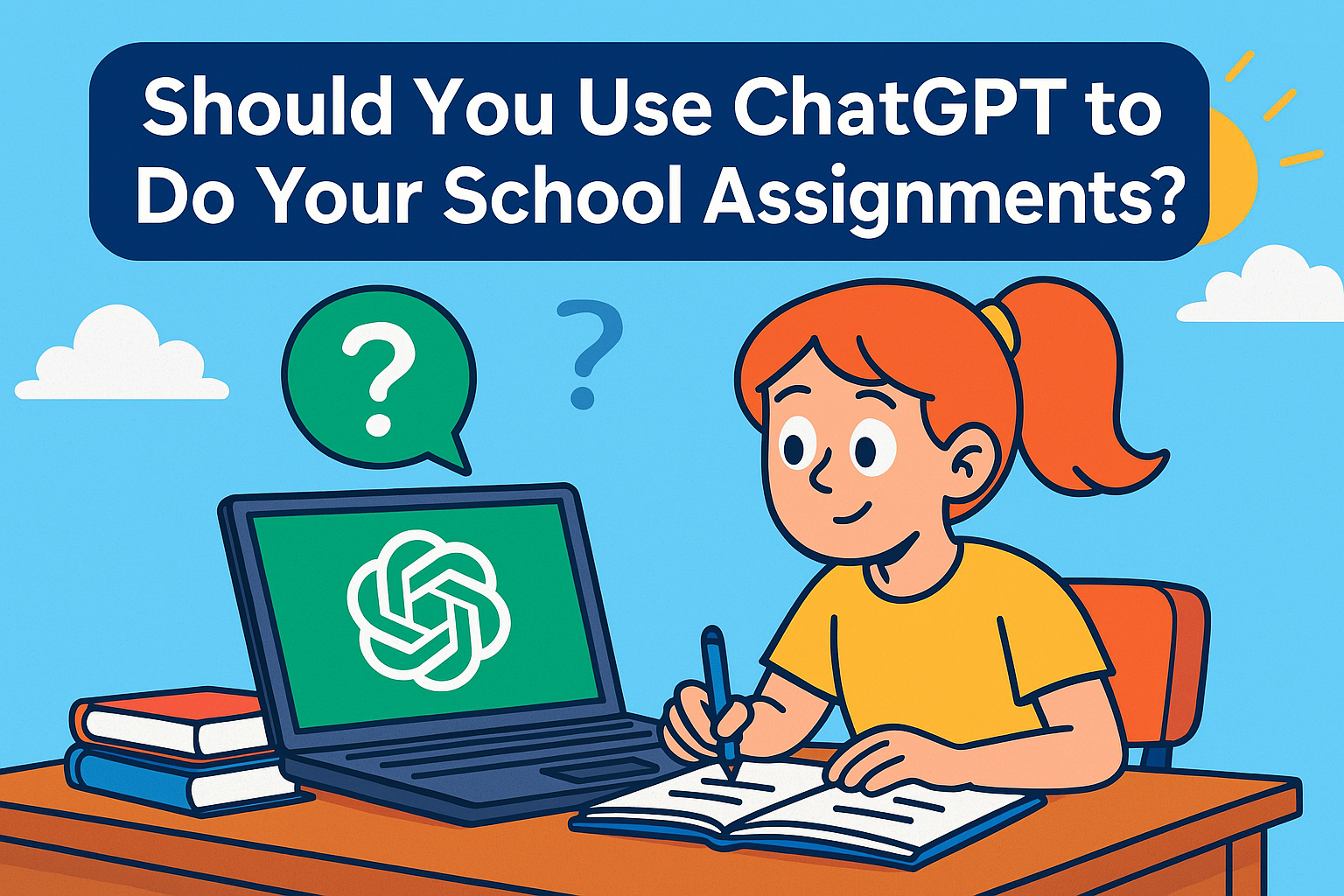
The Physics Survival Guide: Basic Physics for Beginners
Explore this topic..
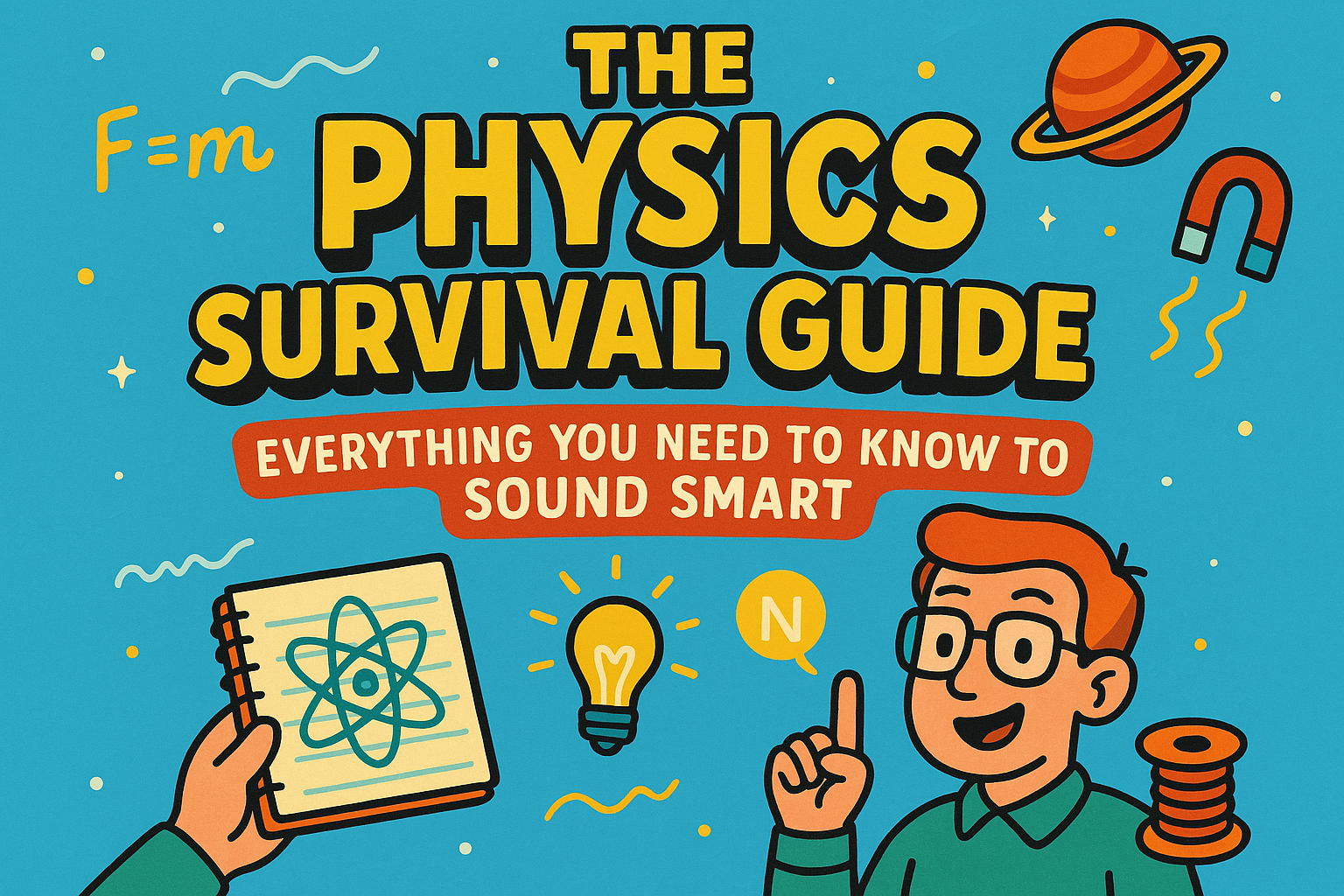
Why Do Things Fall to Earth? (Gravity Explained!)
Explore this topic..
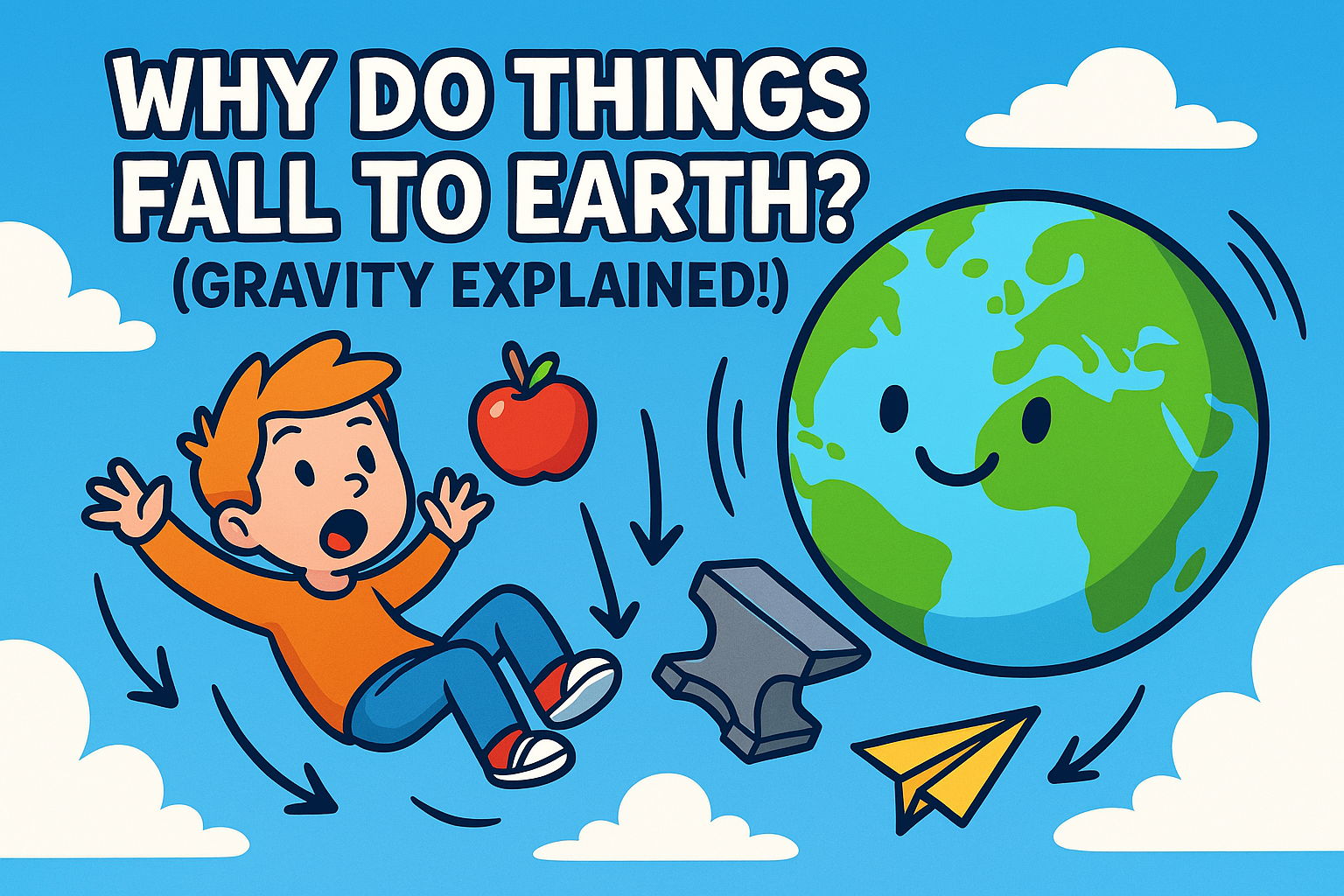
The Myths & Legends of Dartmoor
Explore this topic..
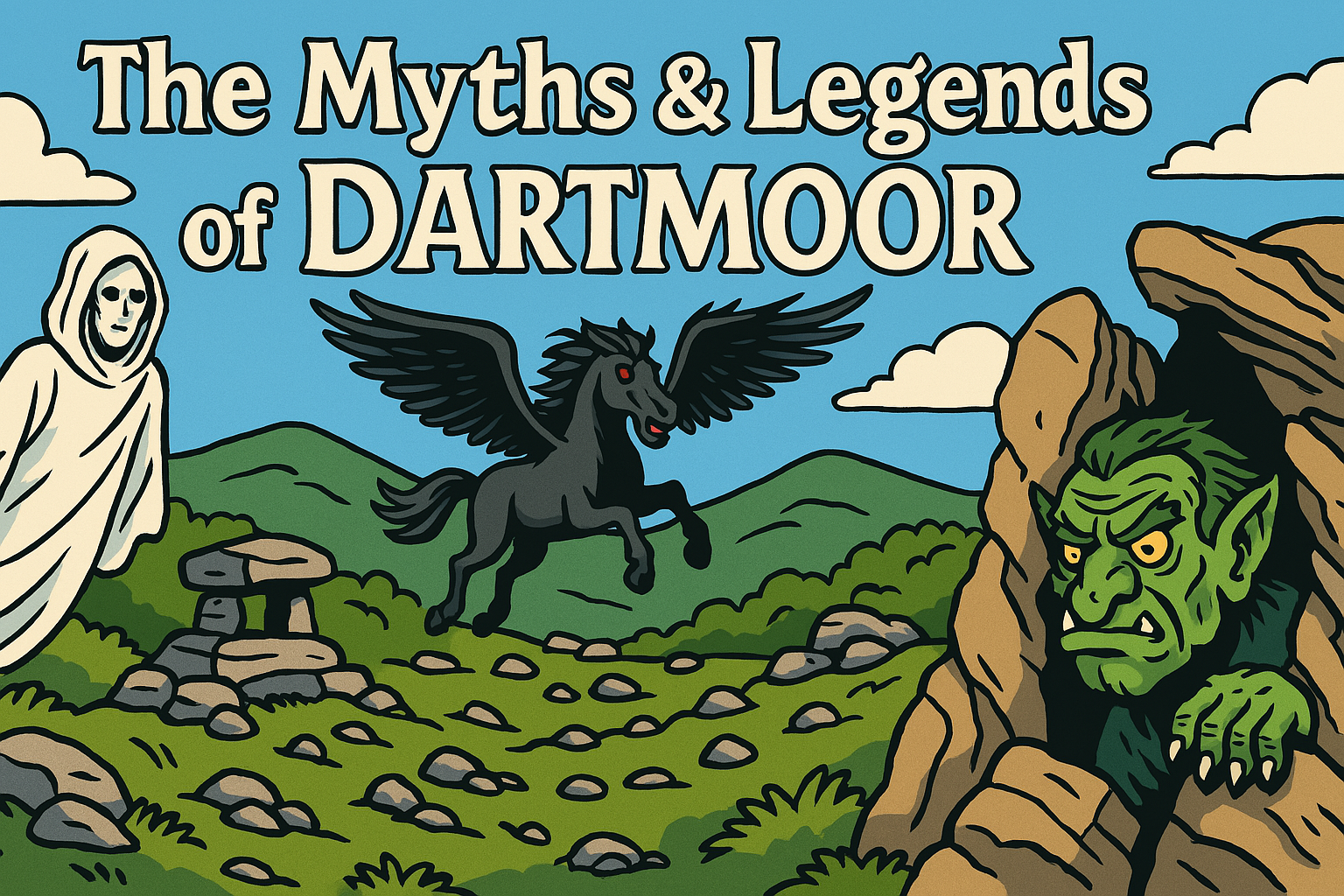
What Does LGBTQ+ Mean? A Guide for Everyone
Explore this topic..

Cause, Meet Effect! Discover the Science of Why
Explore this topic..
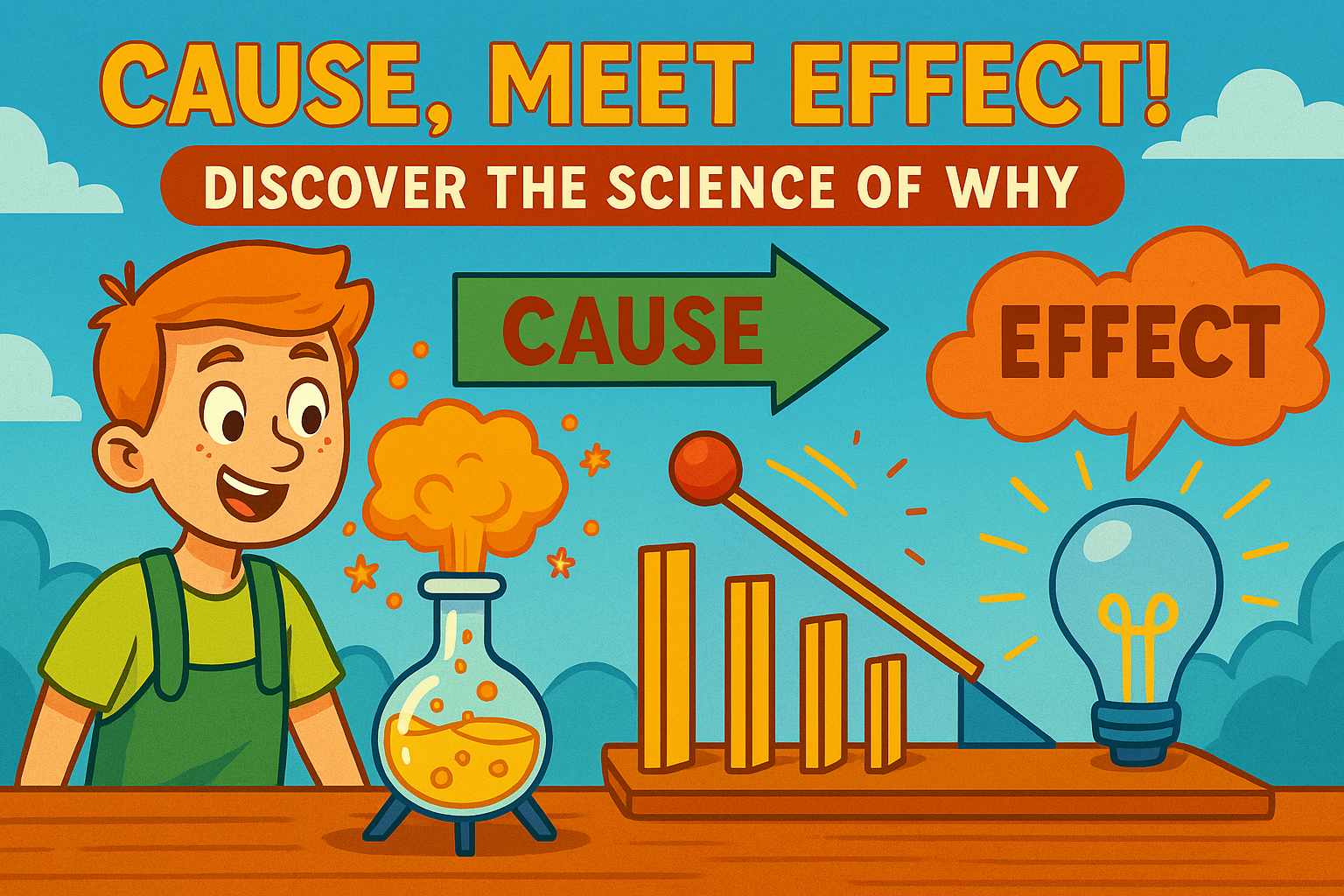
The Magna Carta: The King’s Big Mistake!
Explore this topic..
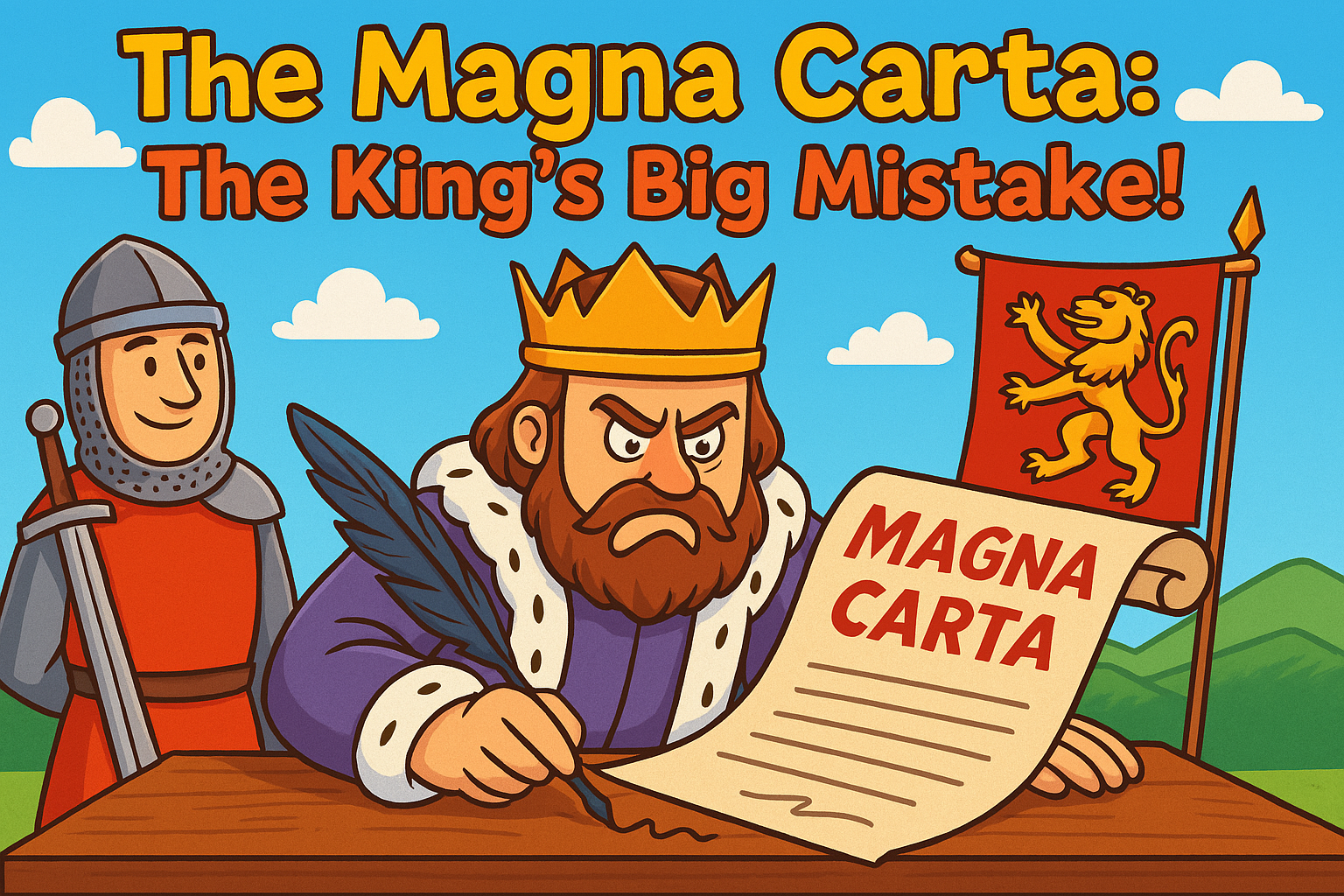
The Deepest Hole on Earth – What’s at the Bottom?
Explore this topic..
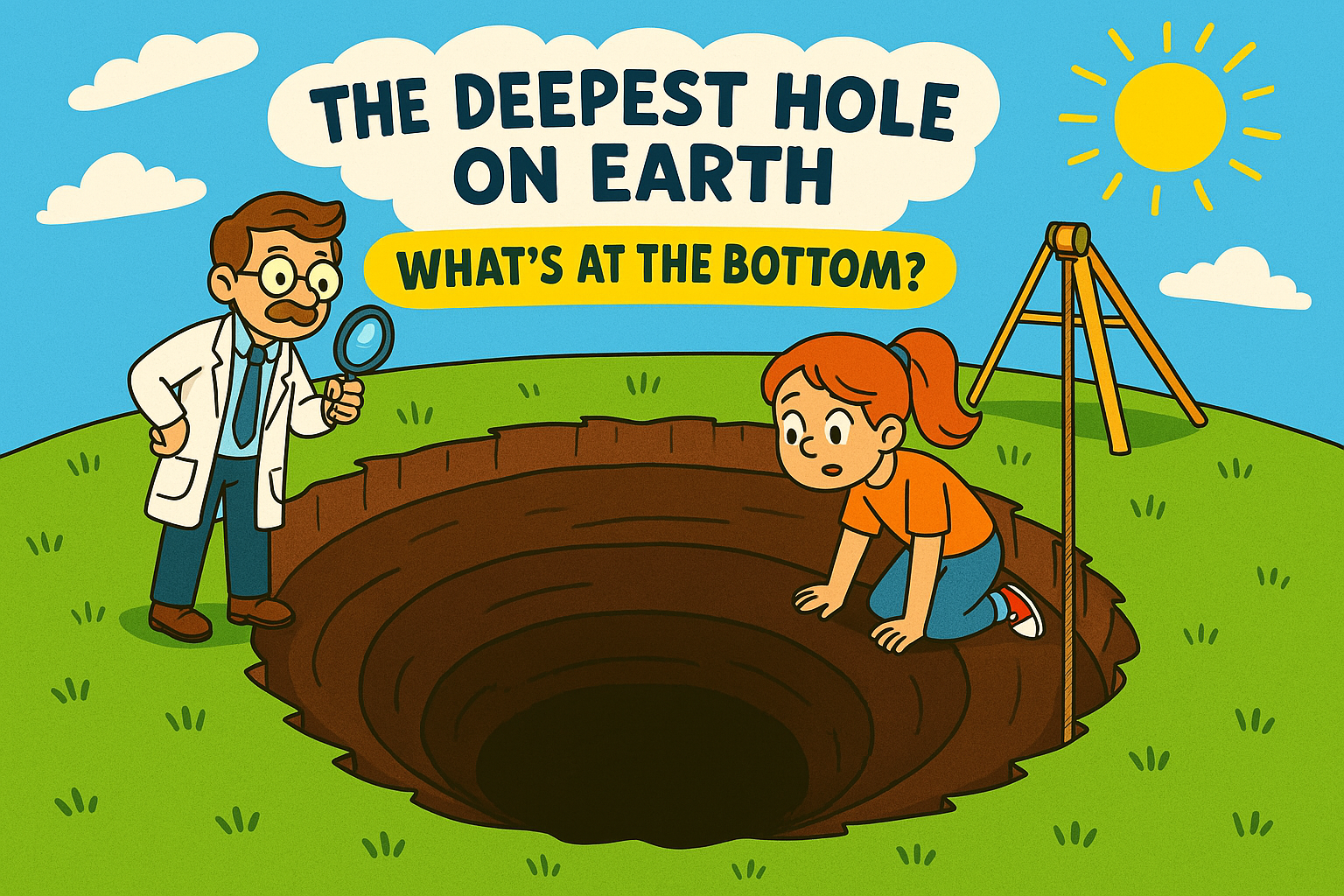
Latest 'Info Zone' Topics
Lenara Learning's 'Info Zone' articles are specially designed for elective home education (EHE) families, providing helpful resources that make learning at home simpler and more rewarding.
Each topic is short, engaging, and designed to spark curiosity, helping children and teens get excited about learning. All our articles and lesson plans are fact-checked to ensure trustworthy information for parents and learners alike.
Need fresh ideas for your home education journey? Explore our full collection of Lesson Plans—designed to inspire, guide, and make home schooling enjoyable for everyone.
Understanding the Ukraine War: What’s Happening and Why It Matters
The Ukraine War began in 2014 and expanded in 2022 with Russia’s invasion. This detailed guide explores its history, global effects, daily life in Ukraine, and the path toward peace. Designed to build real understanding for home learners, this content encourages critical thinking about a serious modern conflict.

The End of Everything: How the Universe Might Die
Scientists believe the universe could end in several ways—ripping apart, freezing forever, or collapsing inwards. This guide explores each theory in detail, from dark energy and black holes to time’s final tick. Discover what current research says about the end of everything—and what might come next.

Oumuamua, Was the Mysterious Interstellar Object an Alien Probe or Just a Meteor?
In 2017, astronomers discovered a mysterious interstellar object named ʻOumuamua. It didn’t look or move like anything we’d seen before — and some even suggested it might be an alien space probe. This deep dive explores the strange facts, bold theories, and lingering mysteries behind our first known visitor from another star.

How Many Stars Are in the Universe?
Astronomers estimate there are about 200 sextillion stars in the universe—more than grains of sand on Earth. But how do we know? This guide explores how galaxies, light, and deep space tools help scientists estimate the true number of stars. Learn why we can’t see them all and what this means for the size of the universe.

How Does AI Drive Self-Driving Cars!
Self-driving cars use AI, sensors, and real-time decision-making to navigate roads without a human driver. This detailed guide explains how artificial intelligence in cars works, how it sees and understands the world, and what the future of autonomous vehicles might look like.

